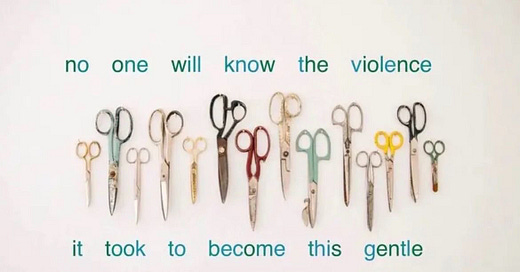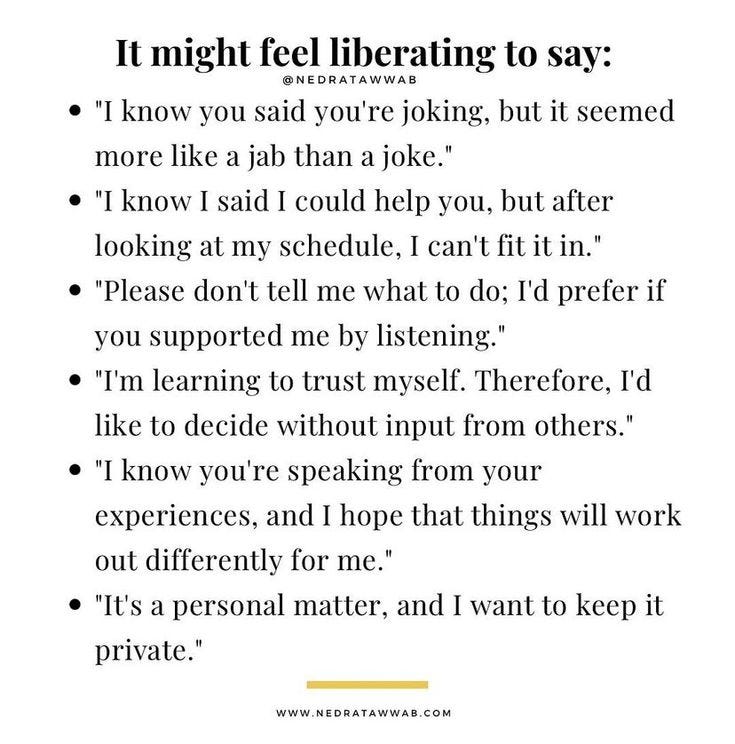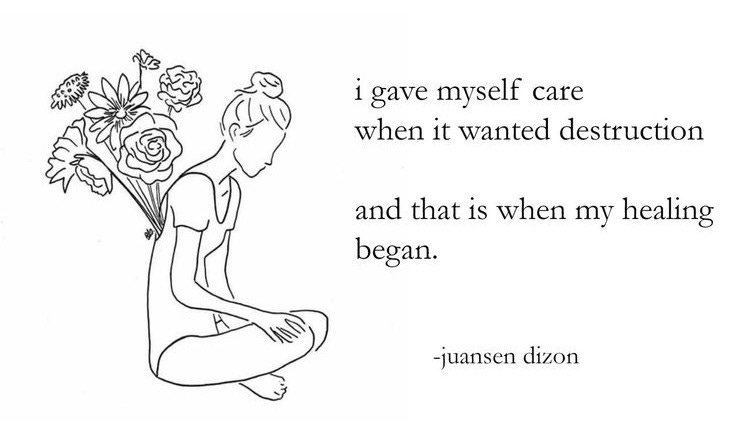Re‑Mothering ourselves in real time.
A gentle survival guide for folks facing Mother’s Day with an emotionally immature, estranged, or no‑contact parent.
Last year I shared a few thoughts with Essence in their piece “Self‑Care Practices for Grieving Your Mom.” Even that brief contribution reminded me how stubbornly grief lingers in the body long after condolences fade—and how the smallest self‑care rituals can steady us when Mother’s Day resurfaces the ache.
Many of us, however, carry a living loss: the mother‑wound that throbs when a parent is emotionally unavailable, unpredictable, or unsafe. If your Mother’s Day looks less like brunch photos and more like boundary maintenance, this note is for you.
Mother’s Day can churn up guilt, anger, nostalgia, and bone‑deep exhaustion—especially when cultural scripts insist we still honour “the woman who gave us life.”
Below are gentle strategies to keep your heart intact without abandoning your truth. Take what lands; leave what doesn’t.
1. Name the living grief
Write or whisper: “I’m grieving the mum I needed but never had.” Naming neutralizes the gas‑lighting voice that says, “But she’s still alive—why are you upset?” or “I should be grateful for what I had even if it’s not much.” Living grief counts. Period.
Practical tip: Set a three‑minute timer and free‑write every feeling that surfaces when you hear “Mother’s Day.” Rip up the page, burn it safely, or tuck it in a journal—your choice.
2. Draft a boundary blueprint
Decide in advance: Will you call, text, send a neutral e‑card, or say nothing? Are you entertaining questions about estrangement, or will you be putting a firm limit in place? Whatever you choose to do will be made easier with a plan. Pre‑script a few versions—a concise greeting or a firm “I’m not available” are simple strategies to start. Boundaries set in advance feel less like last‑minute refusals and more like self‑respect.
Family hack: if “respect your elders” peanut gallery gets loud, or passive aggressive guilting weighs heavy, try: “Out of care for both of us, I’m stepping back today and will touch base when I’m re‑centred.”
3. Curate your circle
Tell one trusted person that today feels hard. Take the small step to reach out to them for a check in. Choose someone who won’t shame you back to contacting your estranged mother, or preach forgiveness that comes with a deadline. Know that although the day can look different for lots of folks, the ones you trust and who truly care about you, will understand you asking for support.
Try: “I know today can be busy, but I’m wondering if you have space to check in. I’m feeling low and would love a call.” or “Mother’s Day check‑in? I may need a five‑minute vent.”
4. Design a counter-ritual
Craft a ritual that honours your needs for nurturance. Some simple examples for the moments your brain is fried and overwhelmed:
Brew a cup of tea in your favourite mug. Make it exactly the way you like it.
Play music that reminds you of the people (teachers, aunts, mentors etc) who did mother you. Make a playlist for when you need a positive nostalgia boost.
Make art inspired by care and compassion. Collage something that represents your chosen family, for example.
Ritual offers us space to create and alchemize inner wisdom and strength, transforming powerlessness into motion.
5. Befriend your body
Hyper‑vigilance around difficult parents is an embodied experience that can lodge itself in our muscles and breath. Offer yourself a small steps toward somatic release:
Box breath— inhale for 4 counts, hold for 4. Exhale for 4 counts, hold for 4. Repeat.
Shake it out— get your hips, arms, jaw, toes wiggling and moving for at least 30 seconds.
Warm‑hand over sternum, whisper: “I’ve got you.” Your nervous system hears tone over logic.
6. Mute the highlight reel
This one is an obvious but still necessary tip. Social feeds will undoubtedly overflow with “best‑mum‑ever” captions, carousels and endless Mother’s Day brunch Stories. Skip the highlight reel and set a 15‑minute scroll cap or delete apps for the day.
Comparison is a liar; protect your softness and stay offline.
7. Create a “mothering bank”
List three people, practices, or places that reliably pour care into you—maybe a cousin, a therapist, or the Black hair salon where compliments flow. Schedule at least one deposit this week. Re‑mothering needs recurring payments.
💖 Reflection prompts
Which boundary feels hardest today, and what value does it protect?
Where in my body does the mother‑wound live right now? What movement would soothe it?
Who has shown me everyday mothering, and how can I thank them? If that person is me, what compassion can I send within for that care?
📖 What to read & 🎧 listen to:
Book: Will I Ever Be Good Enough? by Dr. Karyl McBride — Book website
Memoir: What My Bones Know by Stephanie Foo — Penguin Random House Canada
Podcast: Therapy for Black Girls — “Surviving Mama” — Listen on Spotify
Podcast: Reimagining Love — End or Mend: Managing Difficult Family Relationships with Nedra Glover Tawwab — Watch on Youtube
A final thought 🫂
You’re not ungrateful or “too sensitive.” You just might have a frayed nervous system that learned (too) early to scan for tone changes and unsaid expectations. Walking on eggshells can create a lifetime of tender steps. Choosing distance—or measured contact on Mother’s Day is not betrayal; it is survival, and survival is sacred work. If all you manage is food, water, and one true breath, consider the day a victory.
I’m rooting for the version of you that feels safe in your own company.
Sending you all care,
Meghan 🤎









I really needed to read this - thank you. It was my first Mother's Day being estranged from my mom. This newsletter was so helpful. 💛